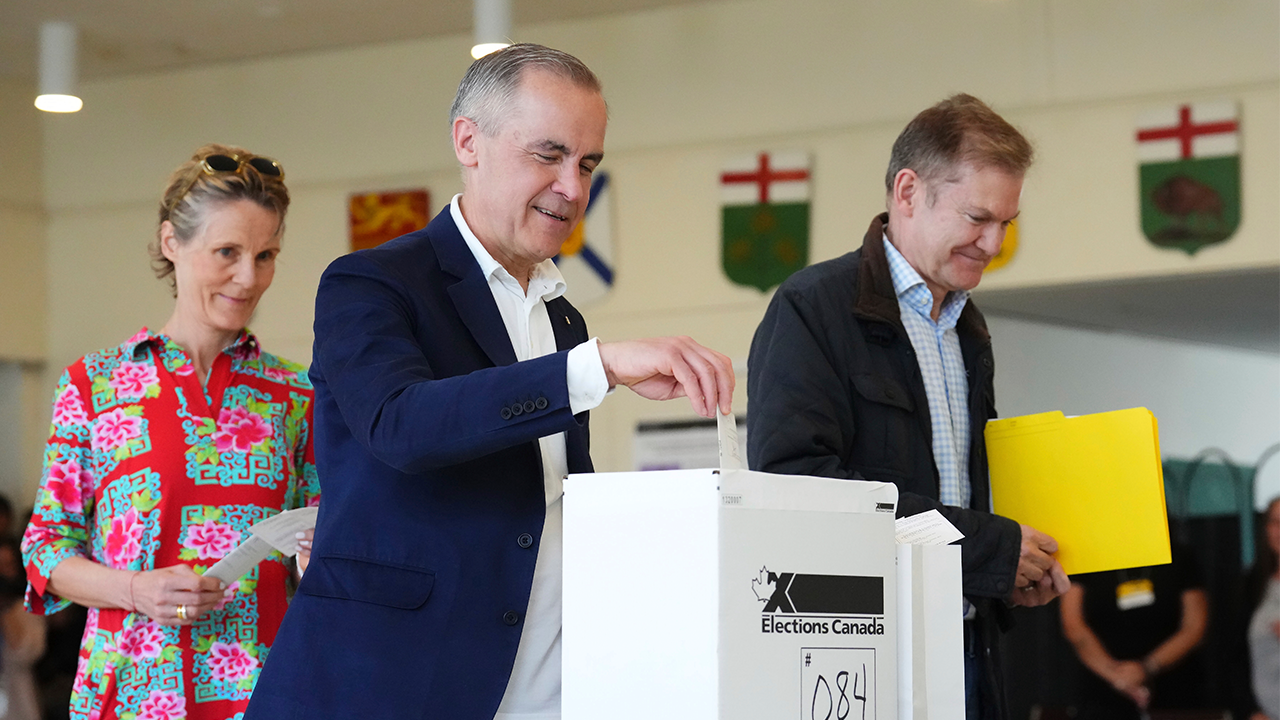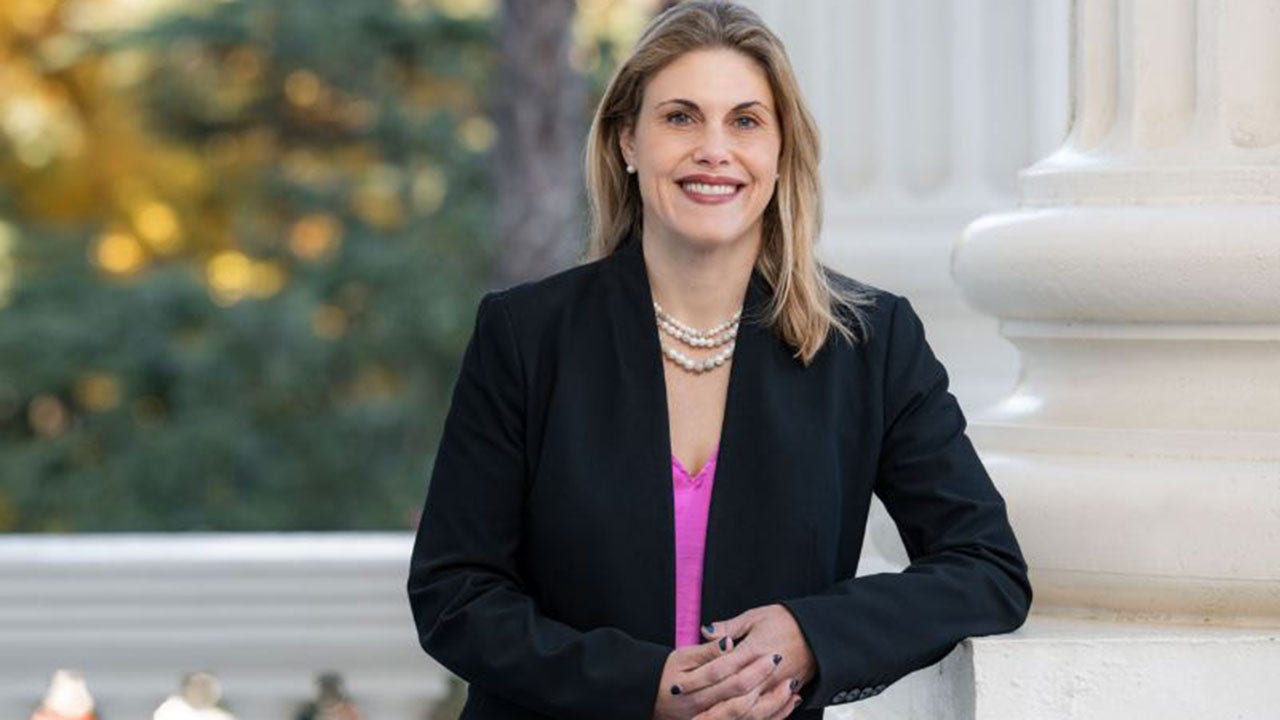In Protecting maternal, newborn and child health from the impacts of climate change, the World Health Organization (WHO), UN Population Fund (UNFPA), and UN Children’s Fund (UNICEF) jointly underscore the neglect, underreporting, and underestimation of climate events’ effects on maternal and child health.
It also draws attention to the importance of integrating maternal or child health in national climate change response plans given the gap in addressing the needs of women, newborns, and children in the climate change discourse in many countries.
Climate action now
“Climate change poses an existential threat to all of us, but pregnant women, babies and children face some of the gravest consequences of all,” warned Bruce Aylward, Assistant Director General for Universal Health Coverage at WHO.
“Children’s futures need to be consciously protected, which means taking climate action now for the sake of their health and survival, while ensuring their unique needs are recognized in the climate response,” he added.
The call to action, issued ahead of the COP28 climate conference, outlines seven urgent measures, including sustained reductions in greenhouse gas emissions, climate finance actions, and specific inclusion of the needs of pregnant women, babies, and children in policies.
Dire impacts
Amidst a year marked by devastating climate disasters, including wildfires, floods, heatwaves, and droughts, the impacts on pregnant women and children are dire.
Higher temperatures globally also contributes to the spread of deadly diseases, particularly affecting pregnant women and children.
Research indicates that harm can start in the womb, leading to various complications for both mothers and children, with consequences lasting a lifetime.
Climate change lead to heavier rainfall, putting communities at risk of floods.
Unique vulnerabilities
UNICEF Deputy Executive Director for Programmes, Omar Abdi, emphasized the vulnerability of children’s bodies and minds to pollution, diseases and extreme weather.
“The climate crisis is jeopardizing every child’s fundamental right to health and wellbeing. It is our collective responsibility to listen and put children at the centre of urgent climate action, beginning at COP28. This is the moment to finally put children on the climate change agenda,” he said.
Diene Keita, Deputy Executive Director for Programmes at UNFPA, also highlighted the unique health needs women and girls, urging tailored solutions.
“To find climate solutions that acknowledge the distinct health needs and vulnerabilities of women and girls we must start by asking the right questions … global climate solutions must support – not sacrifice – gender equality,” she said.





